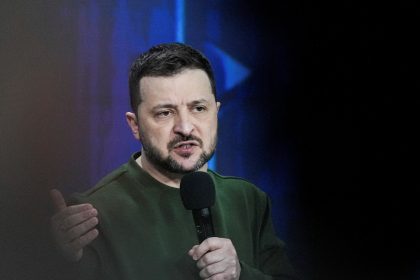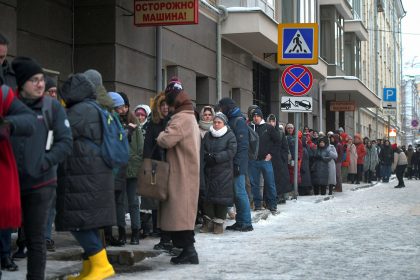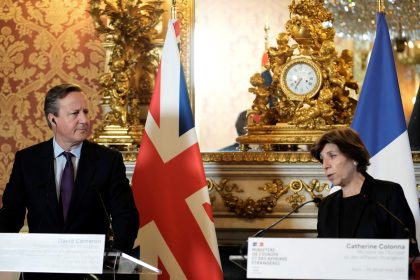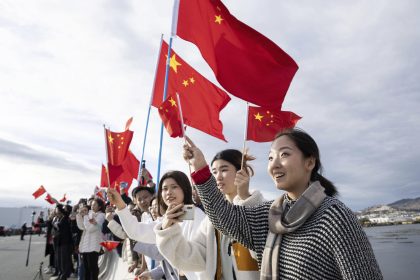A Look at Trans-Atlantic Cooperation After the US Election
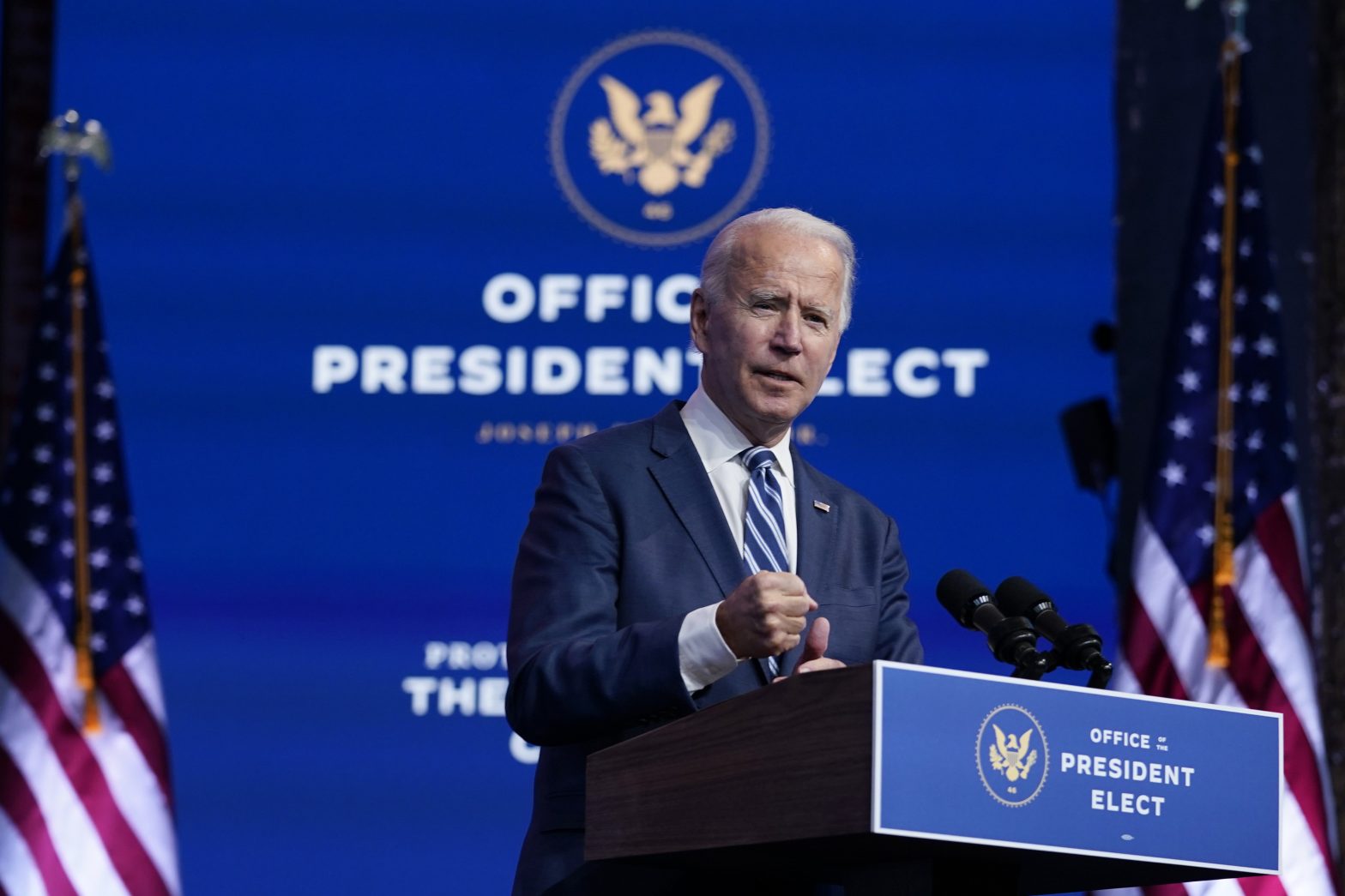
WASHINGTON — The recent U.S. election left much for both Americans and European allies to process in terms of the shaping of U.S. politics and global affairs.
President-elect Biden, historically a committed trans-Atlanticist, has reaffirmed his commitment to European allies in early statements post-election.
Yet doubts remain that this political shift will be long-lasting or that Europeans can put full trust in the U.S. considering challenges in the make-up of the Senate and the need to focus on domestic priorities. In addition, a return to the status quo in trans-Atlantic policies pre-Trump may not actually be desired.
The Brookings Institution, an American research group, in coordination with its Robert Bosch Foundation Transatlantic Initiative, convened a panel of international analysts to take a hard look at the set of norms and rules that govern international affairs and discuss prospects for trans-Atlantic cooperation under the Biden Administration.
“What we needed, as Europeans, is the slap in the face that Trump has given us,” asserted Nathalie Tocci, director at the Istituto Affari Internazionali. While she believes that recent election results in the U.S. are “an unambiguous positive for Europeans,” she acknowledged that the last four years have shown that Europe needs to step up and reconstruct a trans-Atlantic partnership appropriate for Europe’s own engagements without waiting on Washington.
“The role of the U.S. in the international system will inevitably change,” Tocci said, though emphasizing that partnerships are still as important as ever. “With all our differences and disagreements, we are playing on the same team … and our European DNA continues to be one [which] prefers working with others, but [we need] a greater capacity to act and greater willingness to take action. A revamped trans-Atlantic relationship in the 21st Century hinges on greater European responsibility and risk-taking.”
Tocci and others suggested the time may have come to draw out the policy changes necessary and make those changes resilient against future shocks, since “Europe previously ignored domestic policy implications at our own peril.”
This renewed trans-Atlantic partnership would likely build on European economic sovereignty, global health, climate change, and shaping a digital future.
“We have to ask, ‘What is our position?’ and ‘What are we willing to put on the table?’ because our window of opportunity to restart is small,” said Stormey-Annika Mildner, head of Department of External Economic Policy at the Federation of German Industries.
By investing in economic sovereignty and building strong defensive instruments — or “the weaponization of economic independence” — Mildner says Europe could push for trans-Atlantic cooperation in which the U.S. takes European interests more into account when “maximizing the benefit of enormous trade areas.”
“It is not just in terms of economic welfare and growth and jobs, but really just a missed opportunity in terms of political power,” Mildner added. “So [we should] look at our joint agenda and identify issues where Europe can deliver and has an aligned interest.”
“Once upon a time we had good dialogues, and we definitely need to reestablish those dialogues,” Mildner said. “On health, including research and development, distribution of vaccines, reform of the WHO … and also on a WTO agreement, digital standards, data transfer, and e-commerce regulation, climate, education, China, and even space.”
While the election identifies national attitudes about a variety of policies, Rachel Rizzo, Director of Programs at the Truman National Security Project, pointed out that both the U.S. and Europe are also in the midst of a generational shift in terms of climate change, human rights, and a collective approach to China, and “with a generational shift comes a shift in priorities.”
“[Younger citizens have a] less militaristic and defense-oriented view of the world” and see next-generation national security practitioners focusing on other things of equal importance, she said.
“The de facto foundation for U.S./Europe for so long has been the NATO alliance,” said Rizzo. Yet the time may have come to refocus through the lens of U.S./E.U relations, with “America perhaps no longer the policeman of global order.”
Constructive cooperation is important because “democracy is at stake, and digitalization is part of this,” said Marietje Schaake, International Policy Director at the Cyber Policy Center at Stanford University. She cited disinformation, the erosion of agency of corporations, and the need for a democratic model of technology moving forward as Europe and the U.S. both push their tech agendas.
“Americans have been confronted with a lack of safeguarding democratic principles,” including privacy and data protection, “and those issues have hit home,” Schaake said. “More connectivity also means more vulnerability, but more collaboration is possible. I am hopeful about trans-Atlantic leadership in this space.”
“Between the democracies of this world, there is simply more critical mass if countries work together,” Schaake said.
“A Biden victory … gives us an instinct at the top that’s very different from what we’ve had over the last four years,” offered James Goldgeier, Robert Bosch Senior Visiting Fellow for Foreign Policy at the Center on the United States and Europe. To effectively work together, he said America will need to engender new trust in Europeans to make the alliance functional again and that “the U.S. needs to go all-in on Europe’s efforts to support itself.”
“The last four years have been the hardest period over the history of the trans-Atlantic partnership,” said Tocci. “[There has been a] fundamental change in the approach to multilateralism and partnerships, which are fundamental to European DNA.
“[But] the first partner of choice for Europeans is the U.S., so having someone else in office… looks like Americans and Europeans playing on the same team once again.”

















